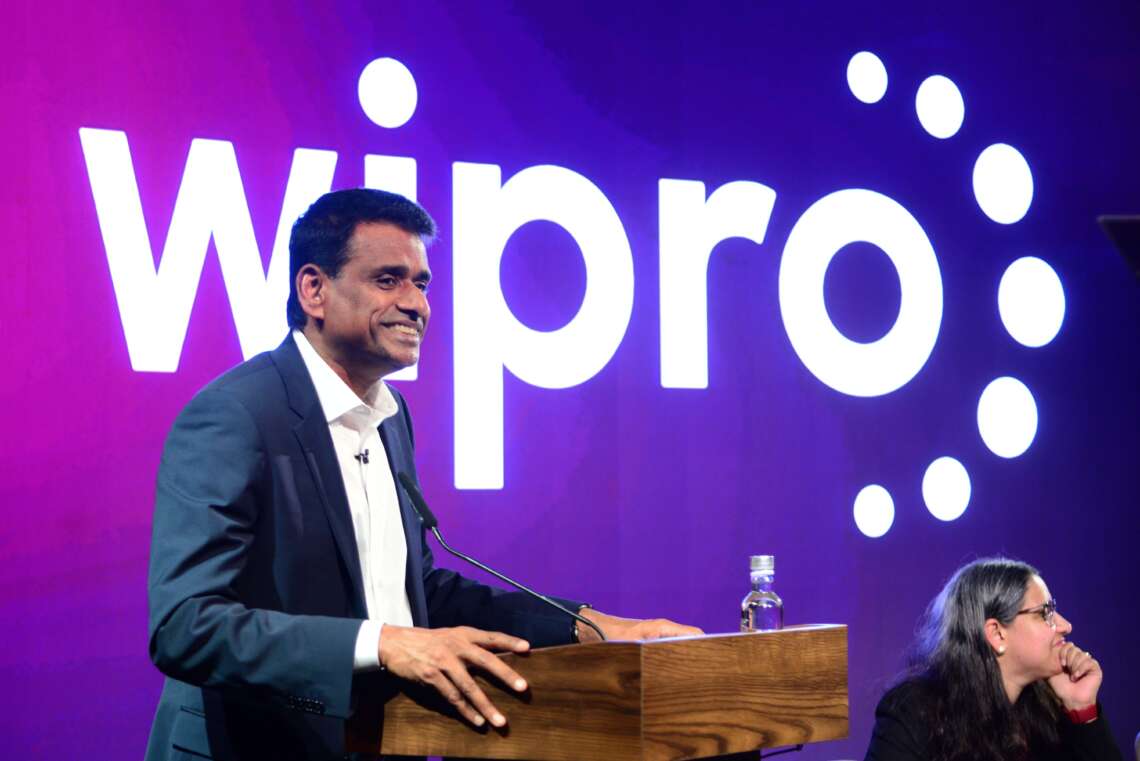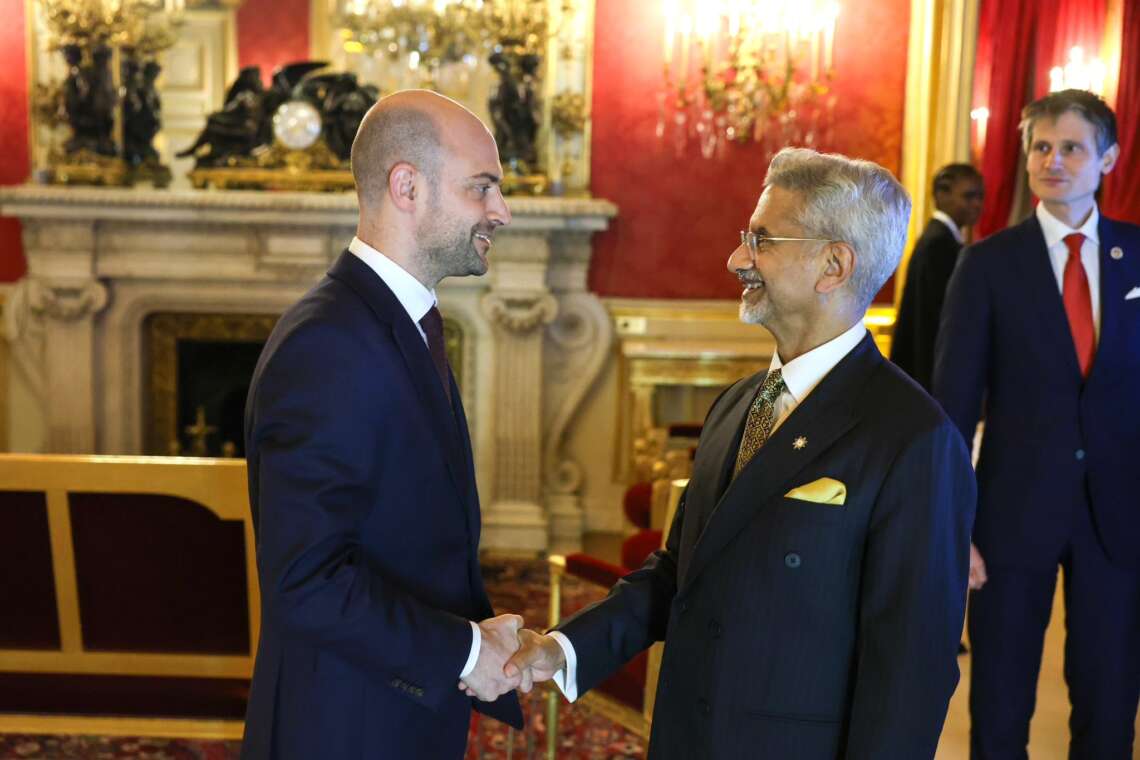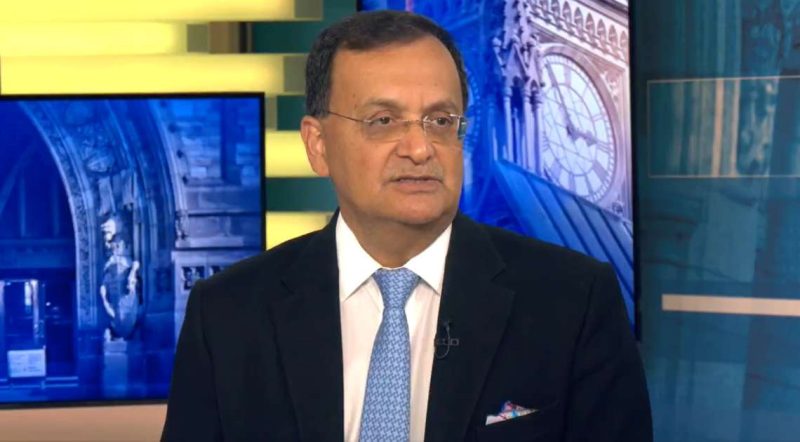Using data from the e-tongue, the AI model breaks down a drug into a series of molecular descriptors (e.g., number of atoms, total surface area of the molecule) that determine taste in order to predict levels of bitterness…reports Asian Lite News
A team of UK researchers used an “electric tongue” and an artificial intelligence (AI) model to predict the bitterness of drugs.
Taste is key to making sure people regularly take their medications and is an important part of drug development. For example, taste has been identified as the biggest barrier in compliance for children taking medicine, but taste is also an issue for adults, especially adults taking long-term medication, such as for HIV.
The team from University College London (UCL) used an e-tongue — a device made of sensors responding to taste — to assign bitterness scores to medicines, and in turn estimate the aversiveness expected from the clinical dose planned.
The e-tongue measures how much the bitter molecules stick on a plastic sensor that acts like the human tongue, and then it compares it with a clear sample. The difference between the two measurements represents a theoretical bitterness level of a medicine.
Using an e-tongue means drugs can be tested more quickly and effectively compared to the alternative option of conducting a human trial. But the team collaborated with machine learning experts to speed up drug development further using an AI model.
Using data from the e-tongue, the AI model breaks down a drug into a series of molecular descriptors (e.g., number of atoms, total surface area of the molecule) that determine taste in order to predict levels of bitterness.
The model being developed will be an open access tool, meaning that pharmaceutical development around the world can benefit from the data on palatability of medicines, said the researchers.
“We run a machine learning algorithm to basically see what’s the chemical structure, what’s the molecular structure, what are the other chemical physical parameters that make it bitter, and try to see if there’s a relationship,” Dr Hend Abdelhakim from UCL Global Business School for Health was quoted as saying to the Telegraph.
Dr Abdelhakim explained that taste in medicines was especially a problem for children who have a “heightened sense of taste”.
“It’s a problem for longer term diseases, so for example, HIV,” explained Dr Abdelhakim. “Antiretroviral medicines don’t taste very well. So, if the patient has to take those pills every day for life, it’s a much bigger problem, especially if they start them very, very young.
“Even if it’s a wonder drug, if the patient doesn’t take it, it won’t work.”
Treatment adherence is also particularly important with antibiotics as an interrupted course of treatment will contribute to antimicrobial resistance.
“With antibiotics, if the patient doesn’t take it, yes, they won’t get better. But also you’re going to contribute to antimicrobial resistance,” said Dr Abdelhakim. “It’s actually a bigger problem for the rest of us.”














